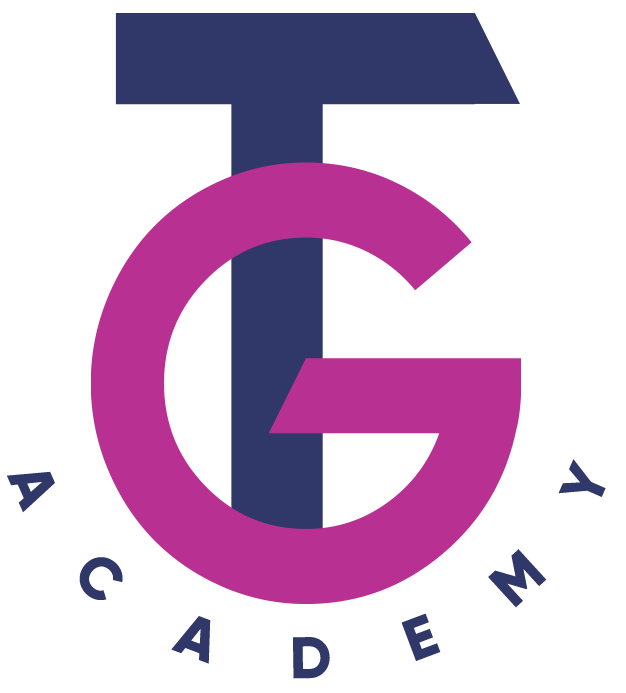Interview Preparation And Techniques
Students will learn how to prepare for different types of interviews and practice answering common and challenging interview questions. The course includes mock interviews with feedback.
-
4.8 ★ (15 ratings)
NGN50000
-
Course Duration
4 Weeks
-
Lectures
16 Lessons
-
Videos
3 Hours
-
Students Enrolled
53 Students
-
Certificate
Awarded on completion
Course Details
Course Details
NGN80,000
-
Course Duration
-
Lectures
-
Videos
-
Students Enrolled
-
Certificate
-
4 Weeks
-
16 Lessons
-
3 Hours
-
53 Students
-
Awarded on completion
Description:
This course is designed to help students prepare for various types of interviews and practice answering common and challenging interview questions. It includes mock interviews with feedback to improve confidence and performance. The course covers techniques for both in-person and virtual interviews, focusing on building strong first impressions and effective communication.
Objective:
The main objective of this course is to equip students with the skills and strategies needed to excel in interviews. Students will learn how to present themselves professionally, handle a range of interview questions, and engage effectively with interviewers.
Who the Course is For:
- Job Seekers: Individuals preparing for job interviews, regardless of industry or role.
- Students and Recent Graduates: Those entering the job market and needing to build interview skills.
- Career Changers: Individuals transitioning to new fields who require updated interview techniques.
- Professionals Seeking Advancement: Employees preparing for internal interviews or promotion discussions.
Key Learning Outcomes:
By the end of this course, participants will be able to:
- Understand different types of interviews (behavioral, technical, panel, etc.) and what to expect from each.
- Prepare and structure responses to common interview questions using techniques like the STAR method (Situation, Task, Action, Result).
- Handle challenging questions confidently and professionally.
- Use effective body language and non-verbal communication to create a positive impression.
- Conduct themselves professionally in both in-person and virtual interviews.
- Develop and use follow-up strategies to leave a lasting impression on interviewers.
- Gain practical experience through mock interviews and apply feedback to improve performance.
Course Curriculum
Subscribe To Get Updates Regarding New Courses
Subscribe to receive our latest academy updates
Academy
-
About
-
Courses
-
Corporate Training
-
Exams
-
Book an Exam
-
Membership
-
Case Studies
Quick Links
Contact
-
64 Nile Street, International House, London N1 7SR
-
theteam@tobamsgroupacademy.com
-
07886600748
Tobams Group Academy © {2024}. All Rights Reserved.

